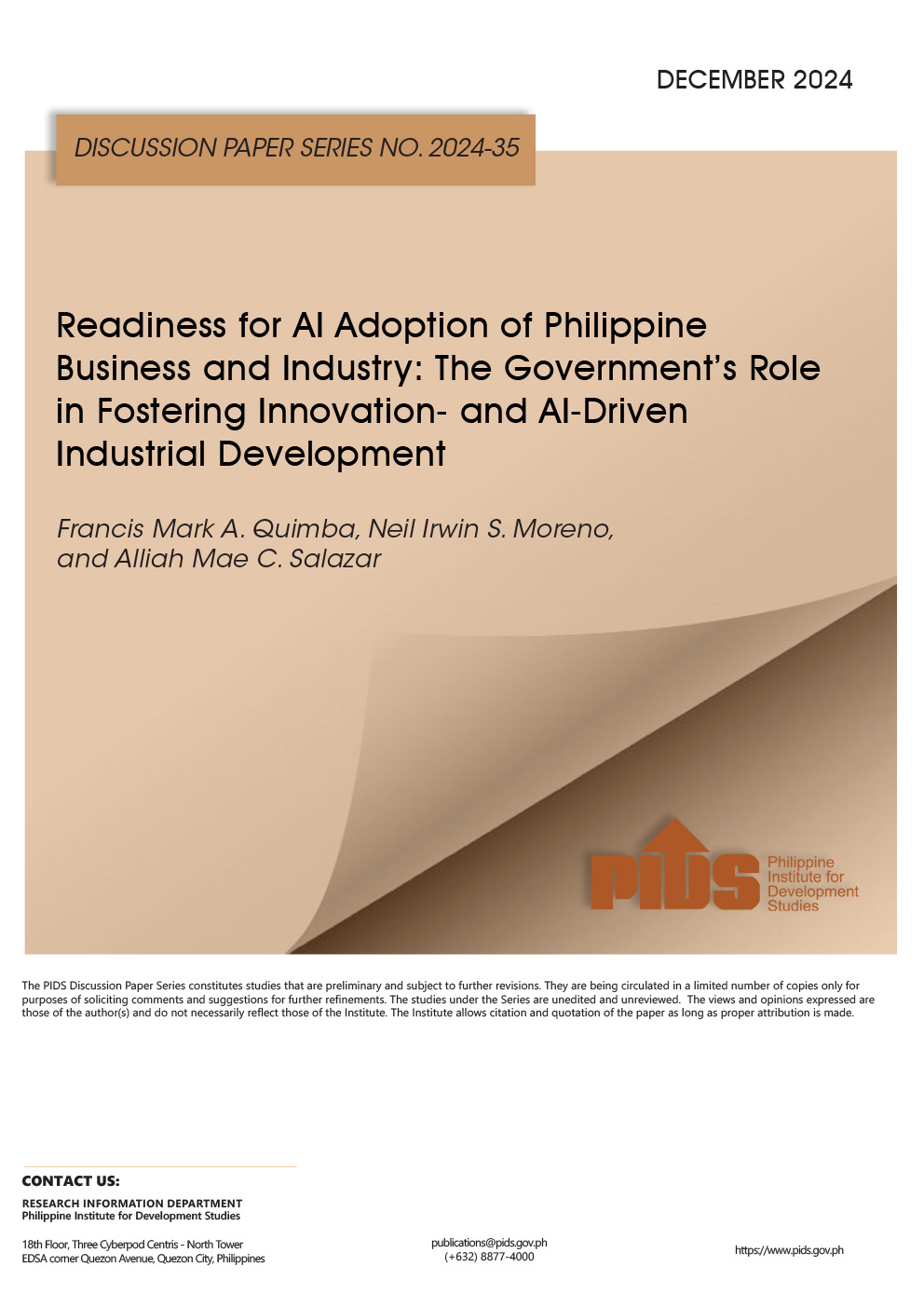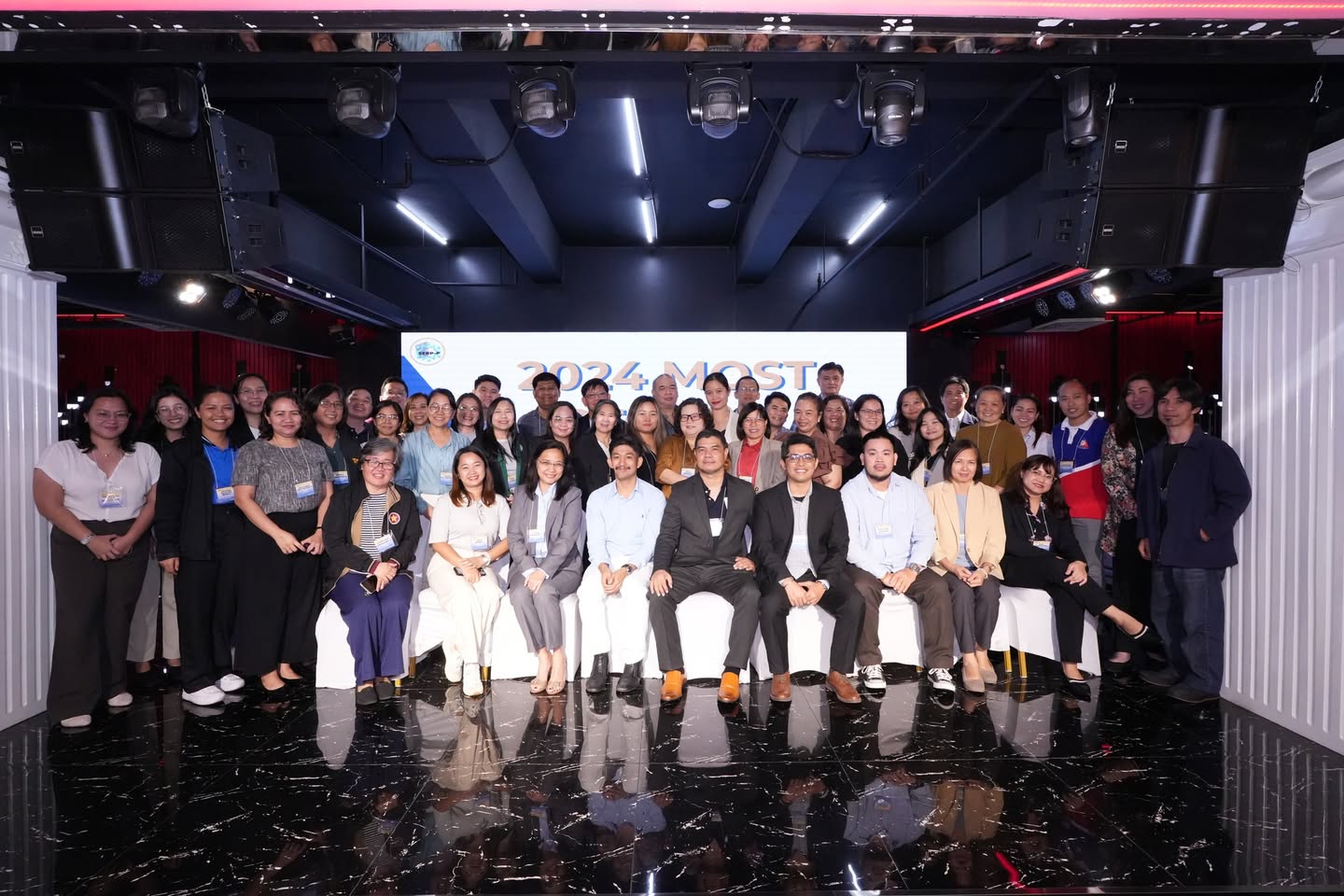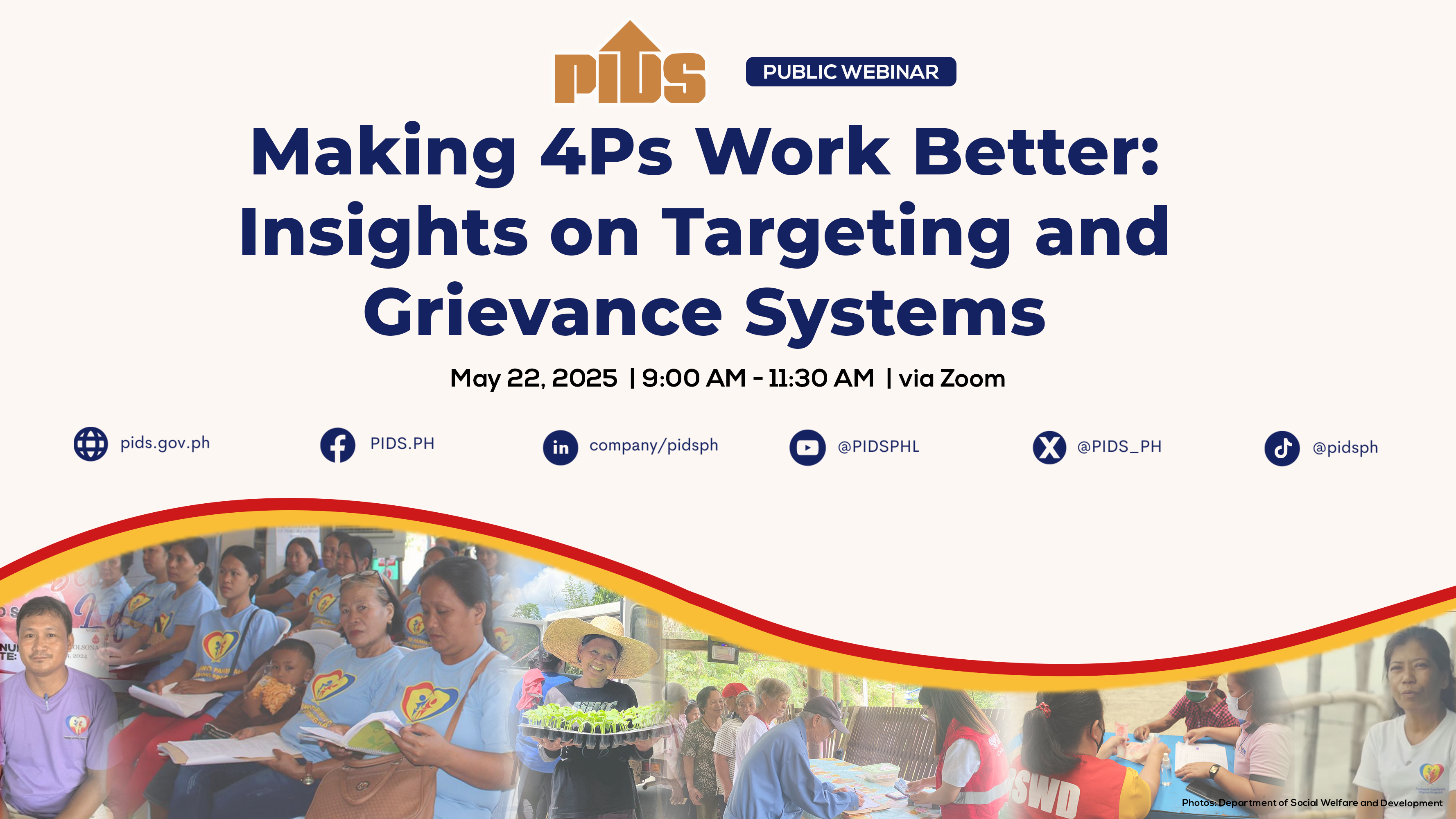The National Economic and Development Authority (NEDA) emphasised that its prioritisation of technology, innovation, data science, digital information, innovative business processes, knowledge management and human resources has profoundly transformed the agency especially in leading the country towards digital transformation.
This observation was been made by the Socioeconomic Planning Secretary and NEDA Director-General during the ADB Knowledge Forum 2021, where he stressed the importance of having a system in place to keep and share this knowledge more effectively and efficiently.
“We are currently facing an unprecedented crisis and we need to document lessons learnt to help policymakers today and in the future. The new normal has underscored the importance and urgency for knowledge management and digital transformation,” he said, citing the example of how alternative work arrangements have made it more difficult for employees to collaborate and share knowledge, as well as with clients and stakeholders.
These challenges present opportunities for us to pursue reforms. I have always believed and advocated for better data management within the government to strengthen policy-making and service delivery.
– Socioeconomic Planning Secretary and NEDA Director-General
The Socioeconomic Planning Secretary and NEDA Director-General stated that it is critical for the agency to innovate for the country to progress to the next stage of development and maintain its status as an upper-middle-income country. He stated that for this to become a national policy, they must set an example within NEDA and its agencies.
NEDA is currently working on developing various dashboards and improving data repositories to allow it to monitor programmes, projects, and internal processes more efficiently and to focus on the more value-added aspects of its work.
OpenGov Asia reported in an article that the National Economic and Development Authority has stressed the importance of data science, analytics, and digital transformation that would help make better policies and deliver better services in government.
During the 2021 Analytics Summit PH, the NEDA Director-General acknowledged the importance of digitalisation during the pandemic when social protection programmes had to be delivered efficiently using information and communications technology (ICT).
“I have always believed and advocated for digital transformation within the government to strengthen policy-making and service delivery. The government and businesses alike need to use data science to make better policies. This has become even more urgent in the new normal.”
The Director-General shared that the most challenging aspect of implementing the social amelioration programme (SAP) for 18 million families and the small business wage subsidy (SBWS) for 3.1 million workers was ensuring that these critical emergency responses reached the people, the majority of whom were unbanked or had no access to formal financial services.
Additionally, during the opening programme of the 7th Annual Public Policy Conference (APPC) hosted by the Philippine Institute of Development Studies (PIDS), the Socioeconomic Planning Secretary emphasised the importance of agriculture in the country’s development story.
“Focusing on the theme, ‘Reset and rebuild for a better Philippines in the post-pandemic world,’ this year’s Development Policy Research Month challenges us to plan for a more resilient economy. To achieve this, we need to focus on our agriculture sector, which is the foundation of any country’s structural transformation,” he said.
The NEDA chief mentioned that the Philippine President’s administration has enacted several reforms and invested trillions of dollars in social services and infrastructure to enable proper structural transformation and strengthen the country’s human capital development.
It had also stressed the importance of hastening the deployment of the Philippine Identification System, or national ID programme, to improve the government’s ability to deliver various social services. He claims that the national ID will allow Filipinos, particularly the poor, to open bank accounts and receive cash transfers directly.
National Economic and Development Authority to Accelerate Next Stage of Development in the Philippines












